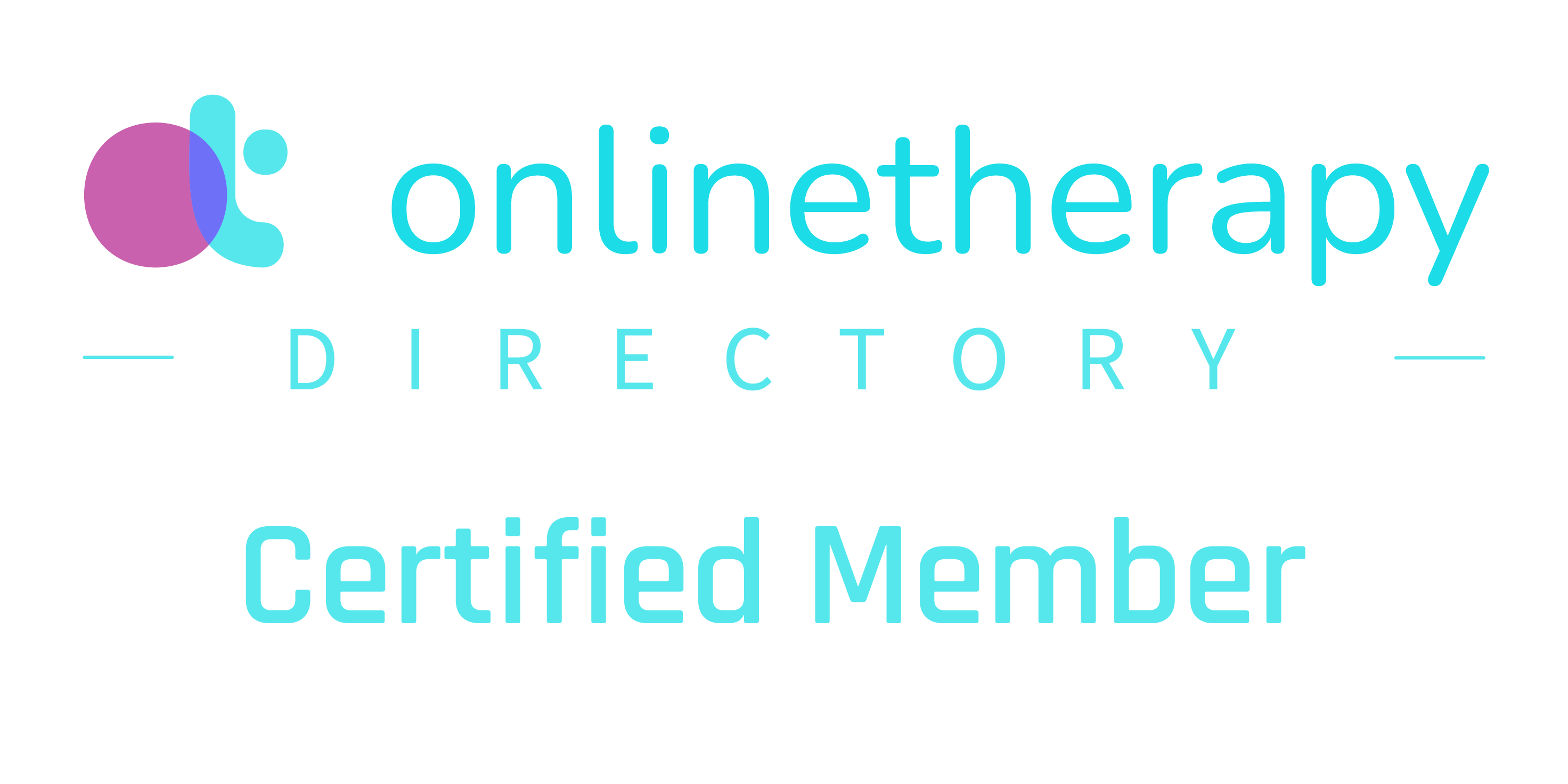Therapy And Coaching Are Great Investments In You
Therapy and coaching are two of the greatest investments you can make in life. Not because they will bring you a lump sum of money that will help you buy that luxury car or home you have dreamed of. No, because therapy and coaching are an investment into ensuring that you have the best life that you could imagine for yourself by developing and maintaining an amazing inner relationship with yourself.
Wherever you go, there you are! So learning how to grow and nurture the relationship you have with yourself makes a lot of good sense and is why I believe it is the best investment of time, money and energy you can possibly make. The investment has to take place both in both therapy and coaching sessions AND outside of them as well.
Unfortunately, many people believe that when you are in therapy and coaching sessions, that your time is all you need. That for an hour or two a week, going to sessions will in and of itself help to fix your problems within one or two sittings. Even if life were perfect and idyllic, it would not work out like that. This is especially true in more recent times.
Therapy And Coaching Are Only The Beginning – Home Practice Is Essential
But the truth is, the time in between seeing your therapist and coach, aka your normal life, are as equally crucial to the process of change that therapy and coaching brings. Sure, if you only work on things you need to during therapy and coaching, and nowhere else, they might be partially successful and you might feel a bit better at the end of a meeting.
But, if this is the only time you are actively trying to work things out, it will be a very slow going process for you, far from efficient and will cost you more money, energy and time in the long haul. Even if you feel better at the end of a meeting, this doesn’t automatically translate to you being able to use the tools you learn in your own life, your entire life long, without a therapist and coach present. In my opinion, and experience, good therapy and coaching don’t last forever.
As a trained therapist and coach, I want to see my clients thrive and shine outside of our sessions. To see them put to good use the skills and tools we talk about in therapy in real time. In the times when everything gets more stressful.
Below, here are three tips for using the skills and practicing the tools you learn in sessions between your sessions for faster growth and greater consolidation of ideas and skills.
A Therapy And Coaching Journal Is A Great Tool
Bear with me for a second, because I’m not talking about the, “Dear diary, today at lunch break so and so really ticked me off!” type of vibe. Although, if that helps you, by all means, go for it!
In all seriousness, though, journaling can be an incredibly useful tool for coaching and therapy clients to use. For instance, maybe this week you are working on small steps you can take to find a career that is more suited to your needs.
Instead of it just being in the back of your mind, write out the steps you need to get there. This could be something like “Update my resume by the end of the week,” or “Look into what it takes to get a certificate for xyz training.”
You’ll be working on your goals that your life coach helped you set while keeping yourself accountable.
Simultaneously, if you are going for anxiety treatment, you might write something like, “Today I was convinced that “A” was going to happen, but actually, nothing even close to that happened.” You’re utilizing the Cognitive Behavior Therapy skills of counteracting your negative thought patterns and writing out that there was no proof or evidence of it. It’s literally re-training your brain.
One study done by the University of Rochester’s Medical Center showed that journaling helps to improve mood and control emotions.
Practice Mindfulness Skills
More than likely, at some point, mindfulness skills are coming up in your session. When you are practicing mindfulness skills, you might be:
- Practicing deep breathing exercises
- Focusing on meditations to calm your mind
- Talking about your values and dreams to keep you focused on what you want to accomplish
All of these things will likely be done in your sessions, but they’ll be all the more effective if you are also doing them outside of your session, also. Evidence supports the idea of between session mindfulness practice. If you are dealing with anxiety, the deep breathing exercises you learned last week in session aren’t doing you any good if you aren’t actually using them. Likewise,that vision board you had in your head last Thursday isn’t going to do you much good if you aren’t actually getting it out from there and pasted somewhere else, so to speak.
Practice, Practice, and Practice!
It’s easy to let life get in the way and distract us from what is important. What’s great about therapy and coaching sessions is that they can almost be seen as a reset on our lives. A way to regroup and get it all reeled back in to set you up for success in the coming days or weeks.
But your sessions can only be as effective as you let them. That’s why no matter what skills you are learning, you should always try to implement them in and out of therapy and coaching sessions. Even if it is just in small ways that might seem insignificant at the time, they won’t in the long run. Practice makes progress!
If you are interested in pursuing a style of therapy and coaching which will help you practice your tools between sessions, and help you become your own therapist and coach (and not need sessions that go on for years and years), let’s connect to see how I can help you get there.
—
As mentioned, Therapy and Life coaching are two of the best investments you could ever make. If you want to learn how to make the most of your investment in as short a time as possible, please reach out to me at my Honolulu or London office to set up an Online Coaching Test Drive or click to learn more about my life coaching and therapy services.
I am a Board Certified Coach (BCC Coach), a Licensed Mental Health Counselor in Hawaii and an Accredited CBT Therapist and Psychotherapist in the UK with over 16 years of experience. I have received advanced specialist training in Coaching, Cognitive Behavior Therapy and Compassion Focused Therapy.



